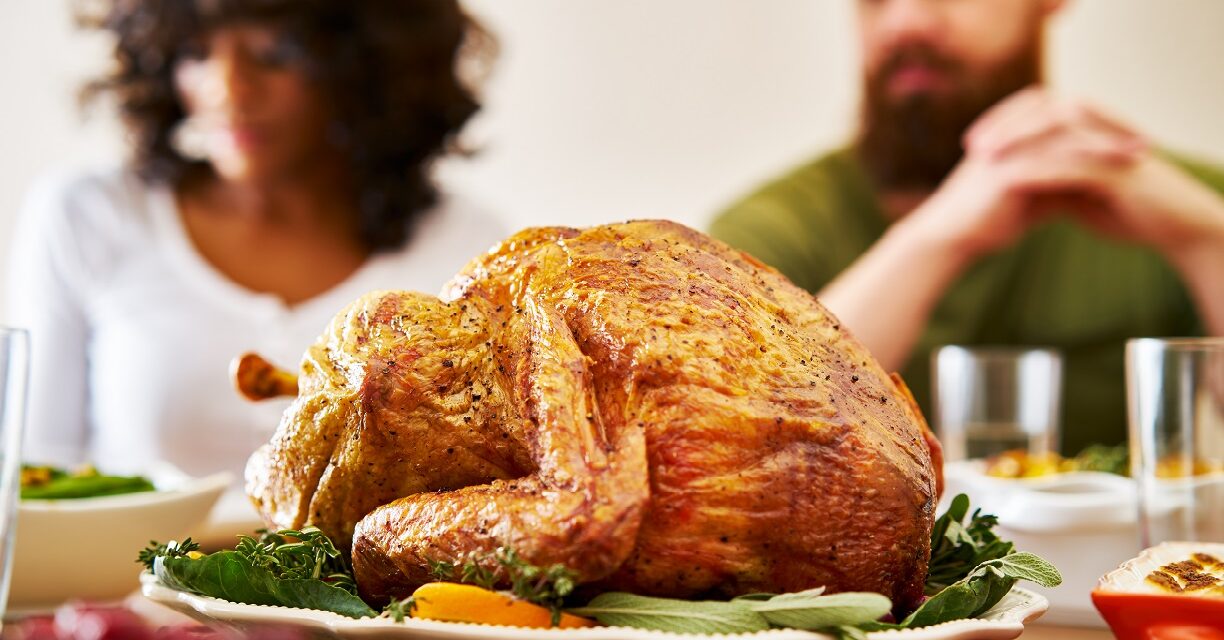This Thanksgiving, it’s fair to say many of us are experiencing a nagging malaise or even an existential crisis. The future feels unpredictable, even precarious, and a cascade of environmental and human crises have left us shaken. At the same time, we are confronting the stark realities of persistent injustice and inequality and questioning whether our leaders—and our neighbors—are up to the task of solving our many problems.
But what’s different today—and makes tackling these problems harder—are the powerful forces amplifying our differences rather than bringing us together.
Our political and social identities have become hardened and we often demonize those we see as our opponents. One side sees its group’s values as the “righteous” ones and casts those who disagree as bad, wrong, and evil.
To make matters worse, our media ecosystem feeds on our pain, frustration, and fear. Bad actors amplify our negative feelings toward “the other side,” further hampering our ability to solve problems constructively and break out of this “us versus them” mindset.
Of course, a normal level of disagreement and polarization is actually vital for a functioning democracy. But in hyperpolarized and emotionally charged times like these, our fault lines can invade our everyday lives—including family gatherings like Thanksgiving.
The paradox is that in unstable times, we need the support of our friends, family, and colleagues most. However, our divisions can color even our most personal interactions and alienate us from one another.
In family and friend groups where people hold different political and social values, sitting down for Thanksgiving dinner can cause discomfort and argument. It can even take the joy out of stuffing your face with good food and drink.
What’s the recipe for a less contentious holiday gathering? Can we fill our bellies and our souls at the same time? Yes. Simply add a few ingredients to your holiday menu.
- Show up with curiosity, respect, authenticity, and a commitment to spending at least as much time listening—really listening—as you do speaking.
- Be comfortable not seeking to persuade anyone to your side.
- Take comfort in knowing that most people, across the political spectrum, are united in their frustration with the state of our divisiveness and a desire for less of it.
- Appreciate the complexity of the human experience: most people have a range of views on a range of topics.
- Be satisfied with the knowledge that you are personally practicing civil dialogue and doing your part to lessen toxic polarization.
- Know that you can—and must—love other people, even those with whom you disagree. That’s the only way forward.
Navigating another COVID-Thanksgiving is already complicated. But the truth is that taking these small steps at our holiday tables is one concrete way we can chip away at the divisions plaguing our country and strengthen our relationships and our democracy at the same time. We have the recipe for that. Now we just have to follow it.
FILED UNDER: Talking Turkey


